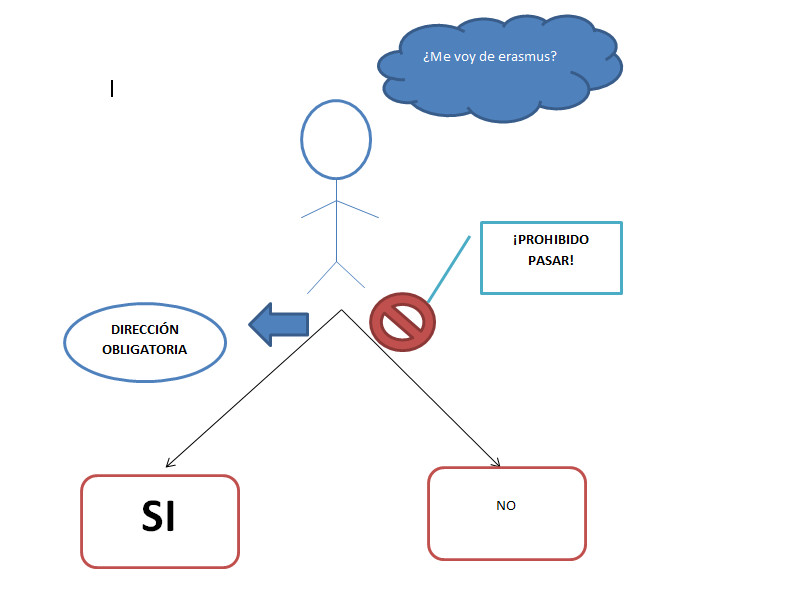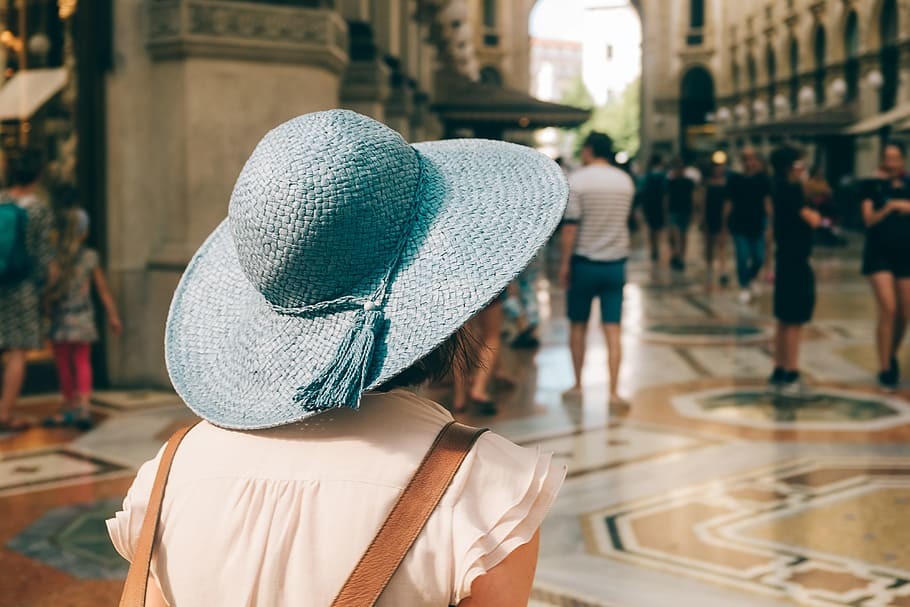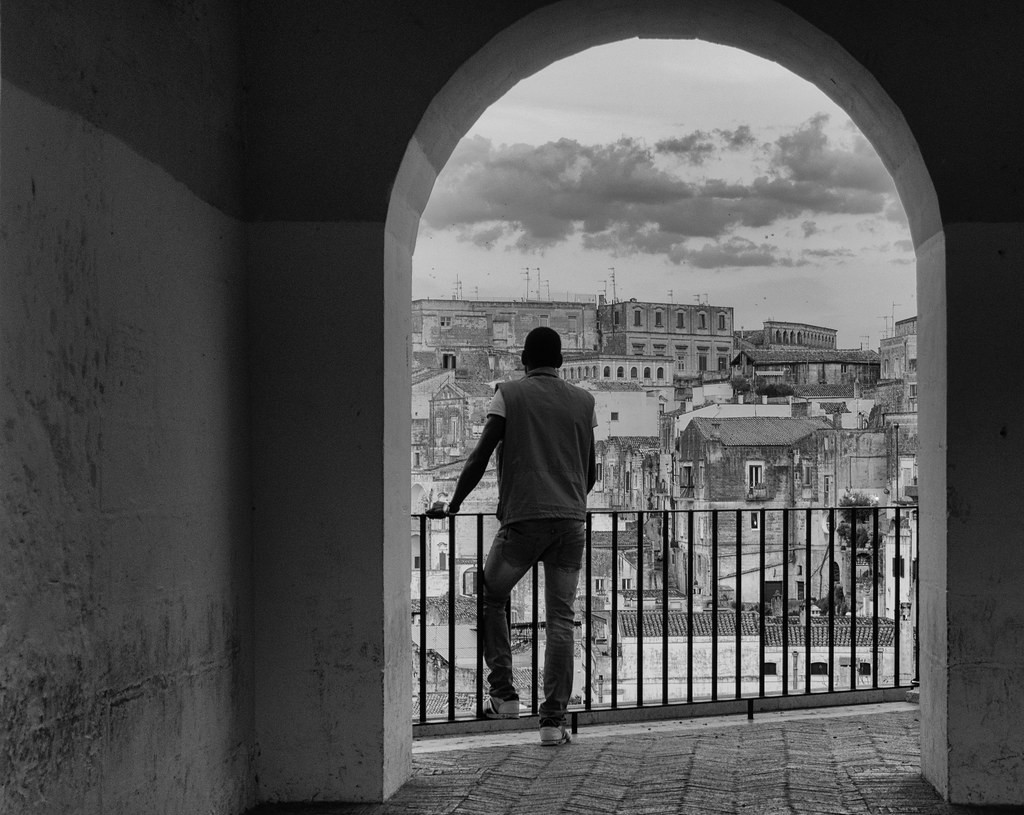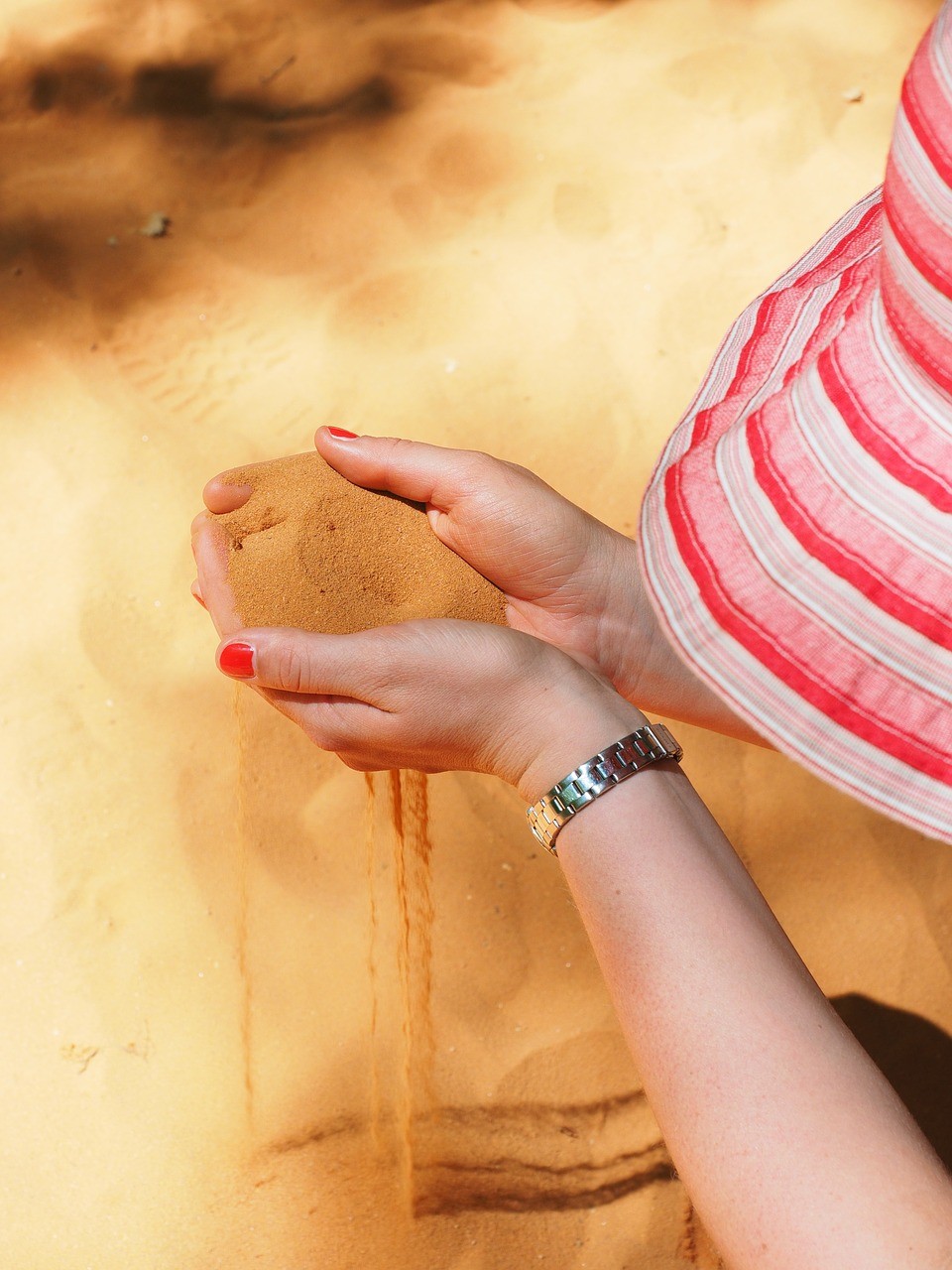4 pieces of advice for future Erasmus students
1. Live in the moment.
I'll get into this in more depth later on, but for now I'd like you to read what I have to say closely.
You're going to be away from home for between 6 to 10 months. You're not going off to war, and you're not going to be away from your friends and family for 10 years before seeing them again. What am I trying to say here? Enjoy the now, and live in the moment!
If you're eating a pizza in a restaurant in Italy, think about how delicious every bite you take is, not how it doesn't even compare to your mum's wonderful home cooking. If you're travelling around Europe, don't think about what Jimmy back home is doing. In honour of all of us watching on enviously with a tear in our eye - if you're doing an Erasmus, remember to live it to the full!
I've got a secret for you that I'm sure you probably know already, but I think it's important for me to remind you of it again. Time flies by! When you find yourself thinking about how much fun your friends must be having partying back home, you're missing out on your own party. If you think that time is going slowly, then it means you still haven't started your Erasmus in earnest. It's a whole different ball game from home!
Don't just take an early night. Don't just sit around on a lazy day off. Get out on the road and explore! Take advantage of every second of every minute, every minute of every hour, and every hour of every day. It's an experience on a level that mere mortals can never understand. Even NASA is investigating and trying to quantify this bizarre phenomenon among people on Erasmus, but you, just one student, can experience this fleeting and life-changing time for yourself. And remember: you're always being watched on by us ex-Erasmus students who would give anything to be in your place.
It really is worth making the most of every nanosecond that passes you by. Grab and squeeze every moment until there's no more time left. If you don't, we ex-Erasmus students will be on you, we'll come and get, and then we'll drop you back in your little hometown. And then we'll get on with the travelling, exploring, learning and living.
We know that not everybody is prepared to live life to the full, to change their life completely, and to make it more exciting than ever. We know that you'll miss your roots, but remember, a tree has to learn to look up towards the sun.
2. Don't forget your roots.
They say that no tree grows without its roots, and it's absolutely true.
Living in the moment doesn't mean you have to forget your roots and stop watering them, because if you do - you'll start to wither. But what I'm trying to say above is that you needn't be constantly worrying and fretting about what your friends back home are up to while you're off on Erasmus.
So don't leave your WhatsApp groups, and don't pull away from your friends completely. It's really important that you stay in contact with them - talk to them once in a while to see how they're getting on! If you see any of your roots starting to wither, water them and help them to strengthen as much as you can.
Remember that without your roots, you wouldn't be the big, strong person you are now. You wouldn't have that sensation of feeling free to walk the Earth, but still with a stable place back home. I remember people on Erasmus who would say every day how they missed "x" from their hometown, that Milan was nowhere near as good etc, etc, etc.
Of course, those people and the people who live every moment of their Erasmus to the full both end up returning to life at home the same way. There's not one person who loves their hometown more than another just because of how they act while away.
As I've already said, it's important that you keep your relationships back home as strong as always. Talk to your friends and family like you normally do, and tell them how much they mean to you moreso than ever. The most important thing is that you don't just tend to life back at home, because then you'd be a great big tree that loses its leaves because it's only looking down at its roots. Don't forget to enjoy the sun and the sky that you'll have so much of on Erasmus.
3. Learn a language.
Devi imparare una lingua, tienes que aprender a comunicarte en otro idioma, 你必须学习一门语言, you've got to learn how to speak another language.
Not bad, right? Well, the Chinese might be wrong. But anyway, you've got an amazing opportunity right here in the palm of your hands. If I had to come up with a metaphor for this sort of situation, I'd say that Erasmus is giving you a handful of sand that you can exchange for amazing things all through your life. If you go your whole Erasmus without learning just one language, it's as if you've taken that handful of sand, but left your palm wide open, only for the sand to slip through your fingers. The next time that you want to try and learn a language, you've then got to pick up that sand off the floor grain by grain. That means going to classes, taking notes, reading books for hours and hours on end.
Tighten your grip, be sure not to let a single grain slip, and enjoy the experience. Laugh, have fun with it all. If you're at a bar and haven't got a clue how to order a coffee, don't let it bother you. Have a go at it, and if they don't understand you, maybe try sign language - they'll get the meaning eventually.
It's important to think of different perspectives from time to time. Imagine that everything is the other way around, and you're in your home country with someone who doesn't speak your language, but is lively and has a great sense of humour. Does the language barrier mean you'll never understand him? Not at all! Try and communicate one way or another, and in the end, you'll find a way through fun and laughter to speak to each other. And if you really can't through to them, try speaking Chinese - everyone seems to know Chinese.
And one last piece of advice which I think everyone should remember when learning a language is: 译者可以帮助
4. Try everything.
As I've explained before, the government provides all Erasmus students with a microchip to be implanted in the prefrontal cortex, and that will make you say yes to absolutely everything.
Your mission, then, is simple. Take that chip, look on the back of it and there are two options. One will let you be indifferent to everything that you come across on your Erasmus, while the other will make you an expert at saying yes. Select the second option, and then gear up for the best time of your life.
Like sports? Then go to every sports event you can (football at the San Siro, basketball at Milan's Mediolanum Forum, a game in the park between the local singles and married couples…). Like travelling? Then buckle up and start touring the world (Italy, Germany, France, the supermarket, even one of those packages for old people…) Like those board games only old people seem to play? Well… hang on - you don't like them? Really? Well, I'm sorry. Your microchip has been set to Erasmus expert, so you have to say yes to everything. Who knows, maybe a board game wil end leading to something else, and then before you know it you're partying harder than ever before. The important thing is to try everything!
You never know where a plan might lead. Old people board games might end up taking you on some incredible adventures! Well, maybe not. Maybe forget about that bit, but I think you've got the gist of it all.
Lastly, I know that many of you are still wrestling with the idea of whether to do an Erasmus or not. But don't worry, I've gone to the trouble of carrying out a comprehensive psychological analysis, analysing all the variables that have never been scrutinised before. For this, I've had the help of psychologists from all over Spain, my home country. So, I hope that this will help you make a final decision. Here are my findings:

Photo gallery
Content available in other languages
- Español: 4 consejos para futuros erasmus
Want to have your own Erasmus blog?
If you are experiencing living abroad, you're an avid traveller or want to promote the city where you live... create your own blog and share your adventures!
I want to create my Erasmus blog! →

















Comments (0 comments)